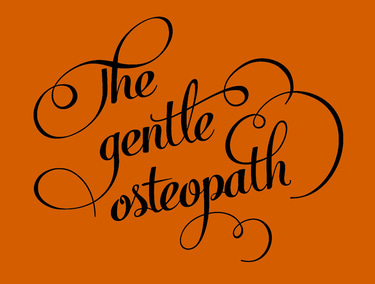

Balance
If you are feeling dizzy, the most common cause is vertigo, the sensation often reported is "my head is spinning". You may also feel other symptoms as well.
In the clinic, the majority of patients who reported feeling dizzy were experiencing a type of vertigo called BPPV (Benign paroxysmal positional vertigo).
Dizziness is a general term we use when we feel off balance. To help understand the cause of dizziness it is good to break it down into its different types[ii].
- Vertigo:” It feels like my head or the room is spinning around”
- Disequilibrium, “I feel unsteady on my feet”,
- Presyncope, “I feel like I am about to faint”
- Light-headedness “My head feels light like it's not getting enough blood”.
